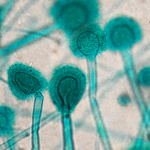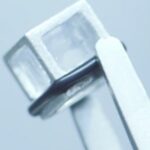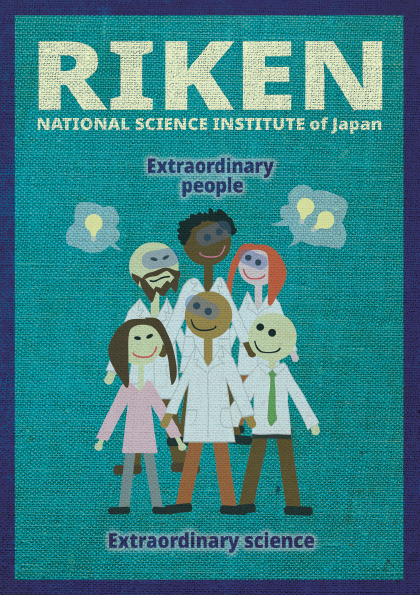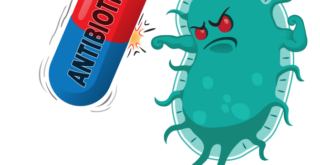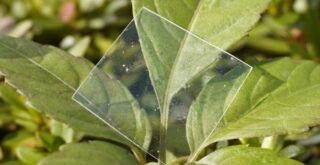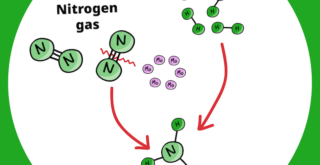Campbell (also known as Sir Philip) acknowledged that submitting to Nature “can lead to pain, but occasional delight” for successful papers. The entire family of Nature journals is now focusing on robustness in research, not just for the credibility of the published results but to encourage public trust in science. Better understanding of statistics, better mentoring and better experimental design would all boost reproducibility, said Campbell. In the life sciences, Nature submissions now have to go through a checklist of all methods and materials.
Nature also has an online editorial collection dedicated to reproducibility. He also cited the changing nature of peer review—Nature now offers double-blind peer review, while Nature Communications publishes referees’ reports. (More on the future in the report “What might peer review look like in 2030?”.) Instilling lab integrity in junior researchers is also key, said Campbell: “Interesting claims are almost always wrong, and nature plus your brain plus your equipment can deceive you surprisingly often.” Getting a Nature paper, he reminded the audience, does not make you a great scientist. In fact, Campbell said institutions should avoid using the impact factor to assess people.
On the issue of pre-prints, Campbell and Marcus both cleared up a common misconception: Nature and Cell Press journals all accept manuscripts that have been posted online as pre-prints. Cell has even jumped on the bandwagon with its Sneak Peek group on Mendeley, which allows advance viewing and commenting of in-press papers at Cell Press journals.
“We’re not chasing citations but we don’t want to publish work that will not be cited,” said Marcus, who is also the CEO of Cell Press. Through its parent company, mega-publisher Elsevier, it offers many features to the scientific community: Mendeley, SciVal and electronic lab notebook Hivebench, to name a few. Unlike Campbell, Marcus stated that she thinks the reproducibility crisis is overblown. She thinks publishers should provide tools for the diverse needs of researchers in the realms of data sharing, managing information overload and building on the research of others (and getting your own research adopted, too). Marcus stressed the importance of communication at all stages, from presenting to colleagues to corresponding early and often with journal editors. Focus on what makes a good scientific story, she said, and especially consider interdisciplinary interest.
And if you’re feeling discouraged by publishing, it should be pointed out that both Cell and Nature have published papers that all three reviewers rejected. Ganbatte! ?
[vifblike]
Campbell (also known as Sir Philip) acknowledged that submitting to Nature “can lead to pain, but occasional delight” for successful papers. The entire family of Nature journals is now focusing on robustness in research, not just for the credibility of the published results but to encourage public trust in science. Better understanding of statistics, better mentoring and better experimental design would all boost reproducibility, said Campbell. In the life sciences, Nature submissions now have to go through a checklist of all methods and materials.
Nature also has an online editorial collection dedicated to reproducibility. He also cited the changing nature of peer review—Nature now offers double-blind peer review, while Nature Communications publishes referees’ reports. (More on the future in the report “What might peer review look like in 2030?”.) Instilling lab integrity in junior researchers is also key, said Campbell: “Interesting claims are almost always wrong, and nature plus your brain plus your equipment can deceive you surprisingly often.” Getting a Nature paper, he reminded the audience, does not make you a great scientist. In fact, Campbell said institutions should avoid using the impact factor to assess people.
On the issue of pre-prints, Campbell and Marcus both cleared up a common misconception: Nature and Cell Press journals all accept manuscripts that have been posted online as pre-prints. Cell has even jumped on the bandwagon with its Sneak Peek group on Mendeley, which allows advance viewing and commenting of in-press papers at Cell Press journals.
“We’re not chasing citations but we don’t want to publish work that will not be cited,” said Marcus, who is also the CEO of Cell Press. Through its parent company, mega-publisher Elsevier, it offers many features to the scientific community: Mendeley, SciVal and electronic lab notebook Hivebench, to name a few. Unlike Campbell, Marcus stated that she thinks the reproducibility crisis is overblown. She thinks publishers should provide tools for the diverse needs of researchers in the realms of data sharing, managing information overload and building on the research of others (and getting your own research adopted, too). Marcus stressed the importance of communication at all stages, from presenting to colleagues to corresponding early and often with journal editors. Focus on what makes a good scientific story, she said, and especially consider interdisciplinary interest.
And if you’re feeling discouraged by publishing, it should be pointed out that both Cell and Nature have published papers that all three reviewers rejected. Ganbatte! ?
[vifblike]
amanda alvarez
Amanda Alvarez is a science writer at the RIKEN Brain Science Institute in Japan




